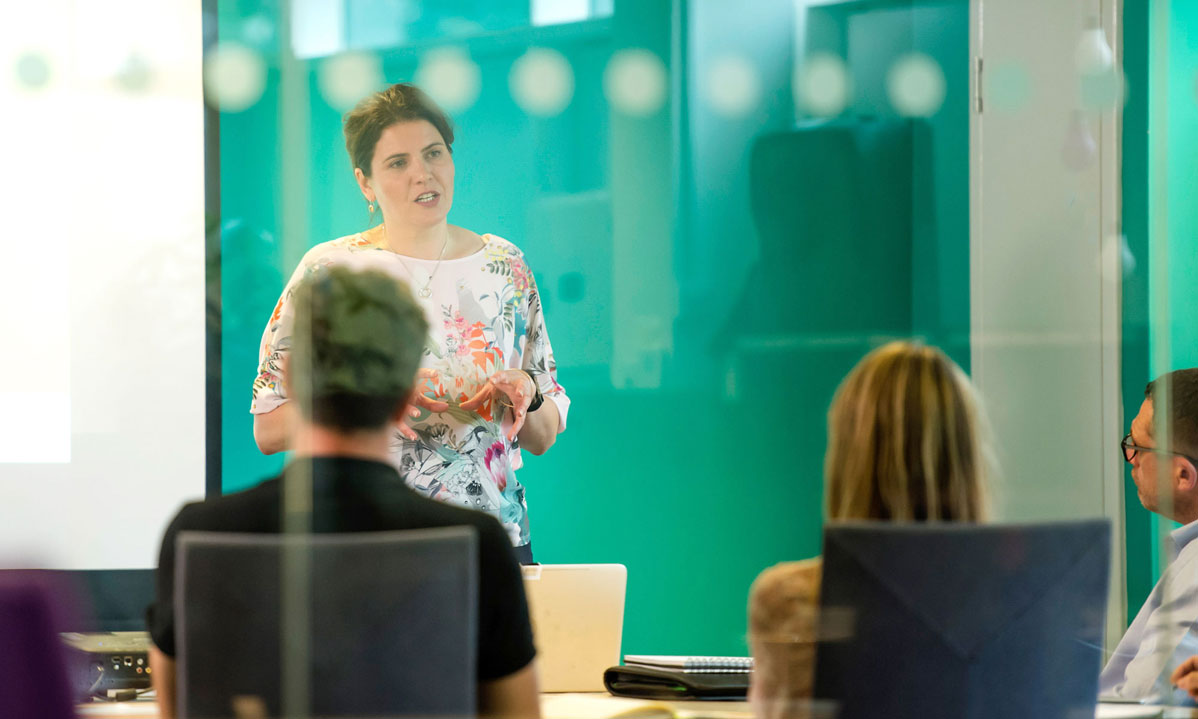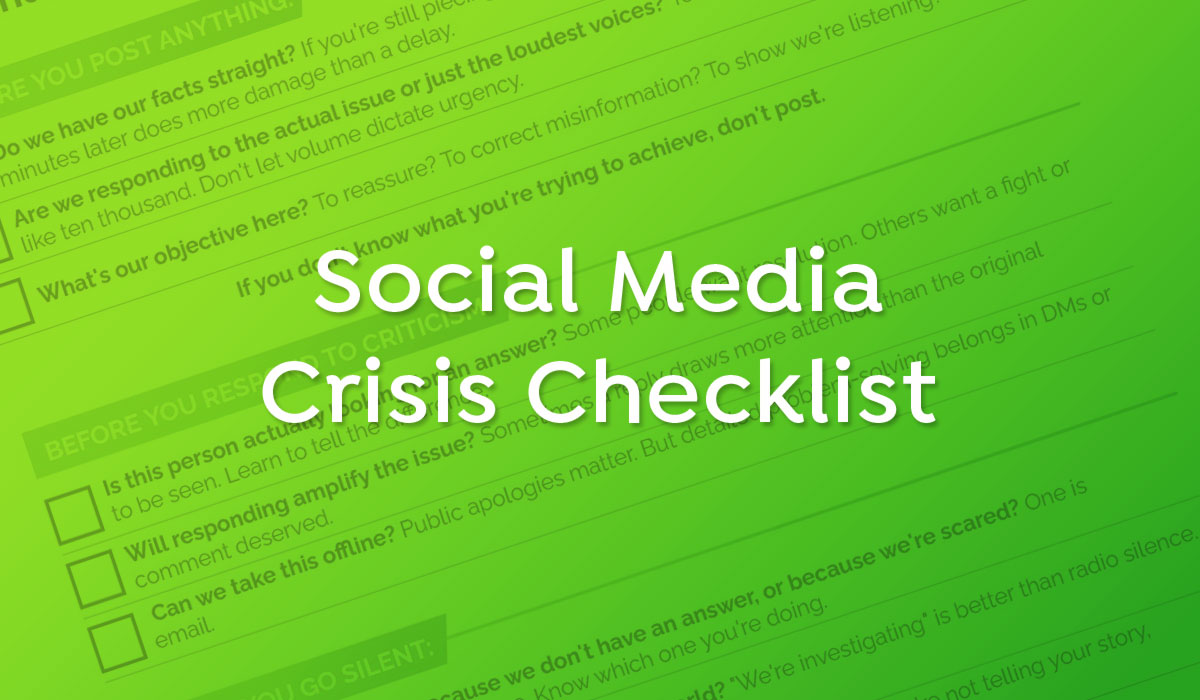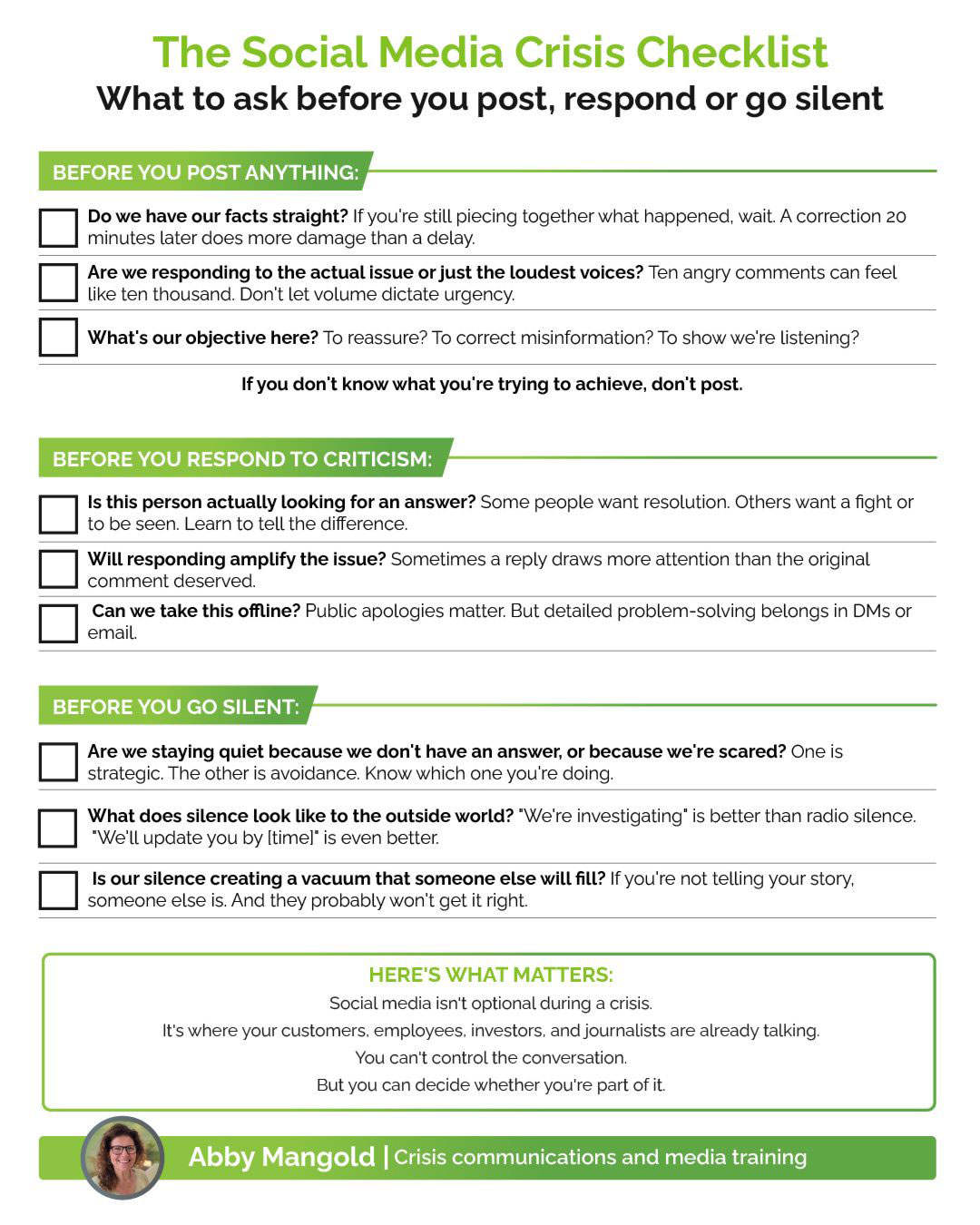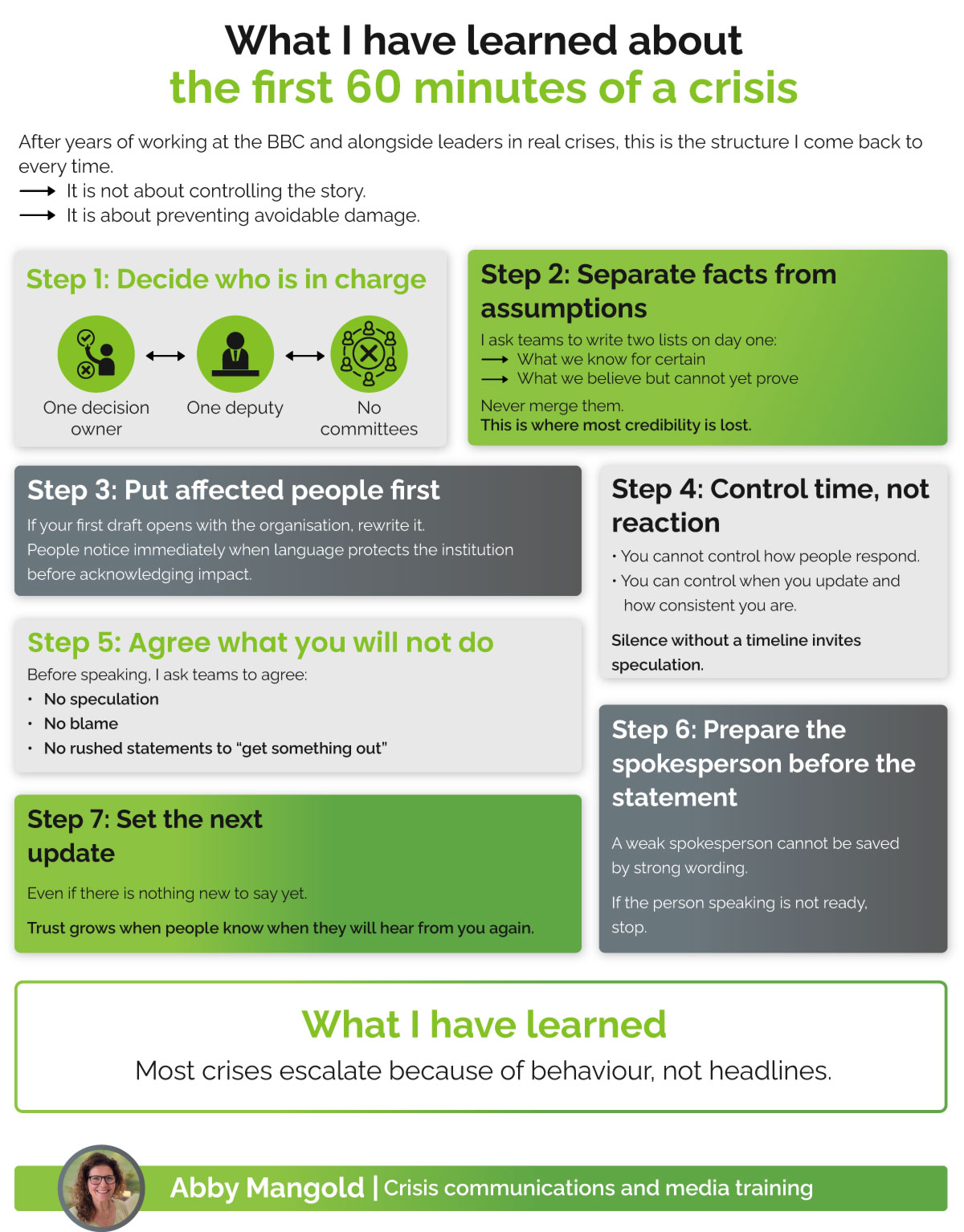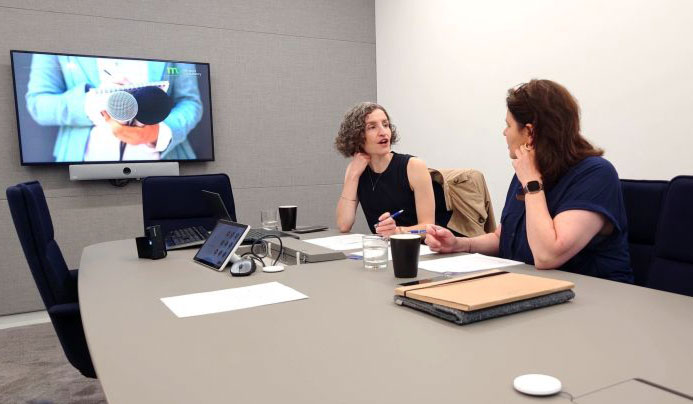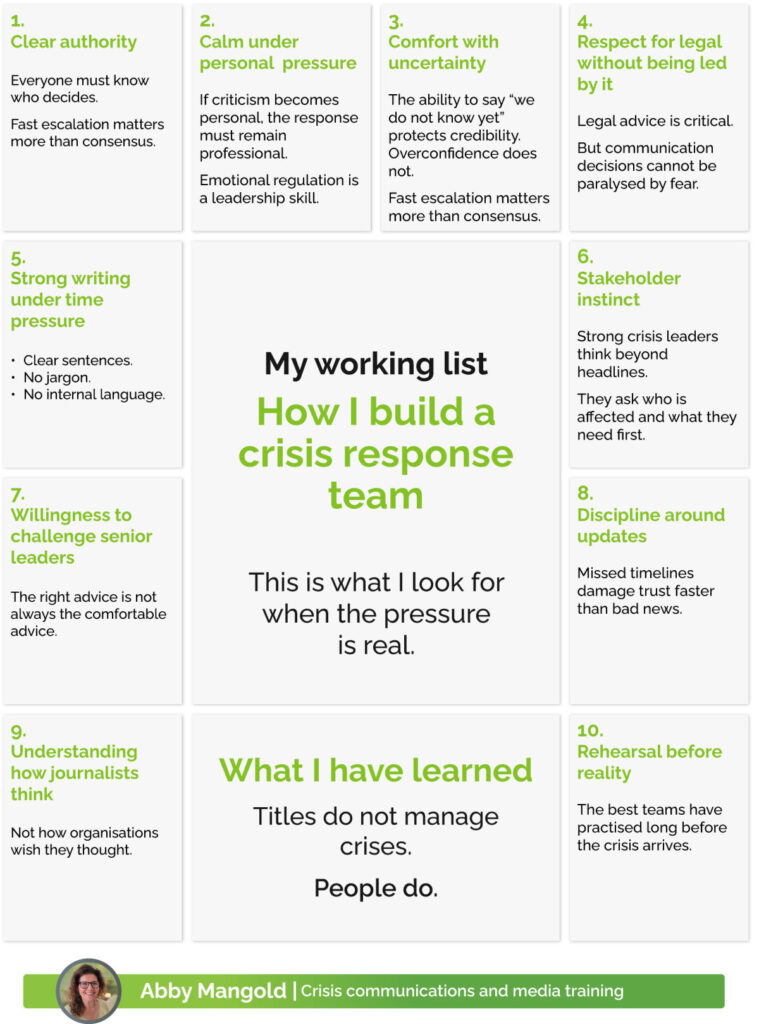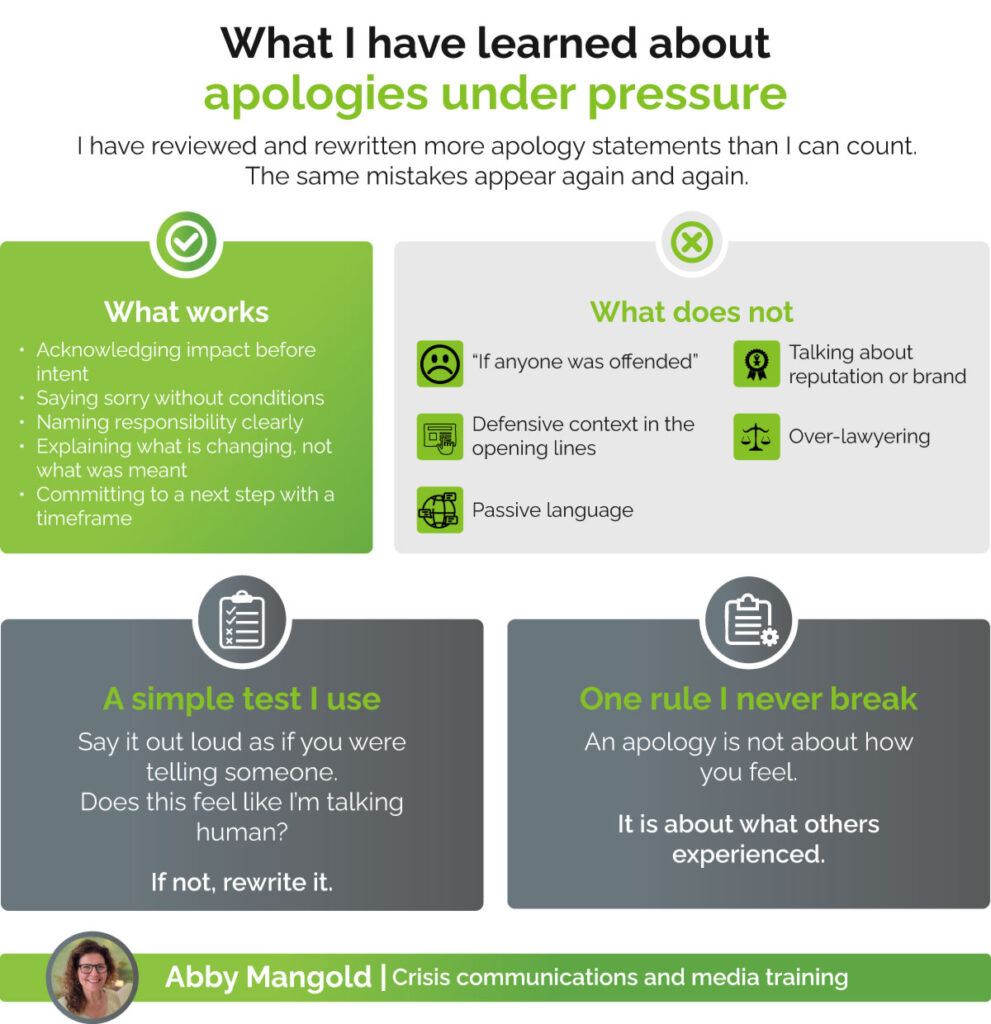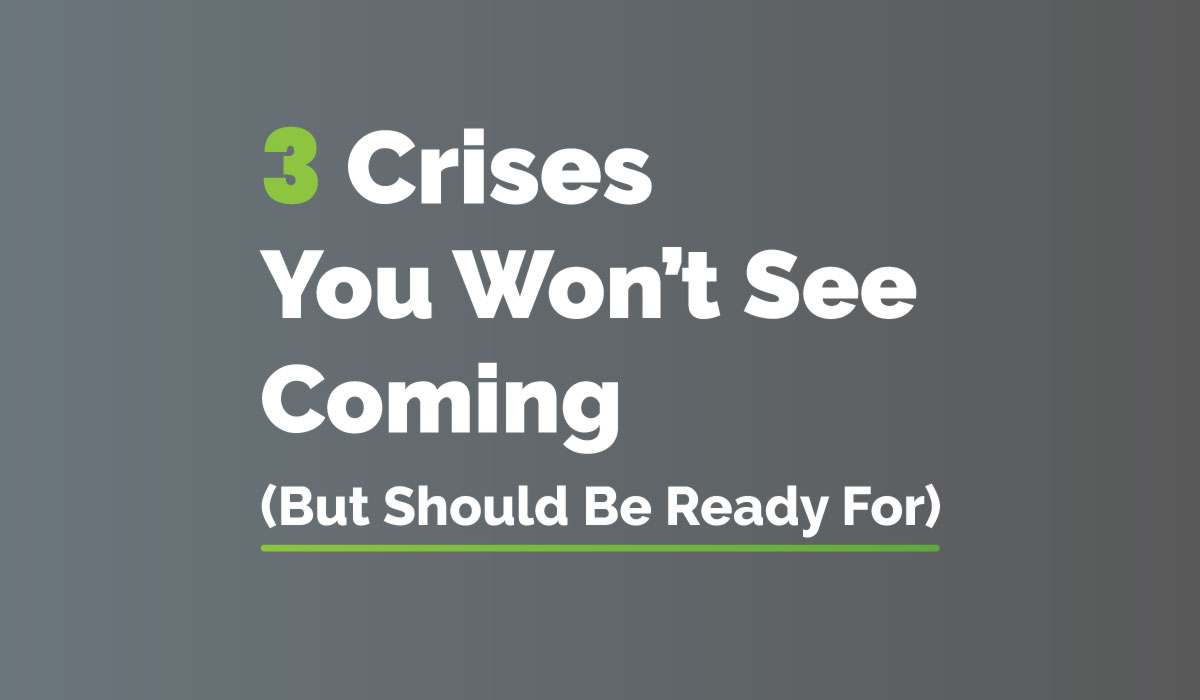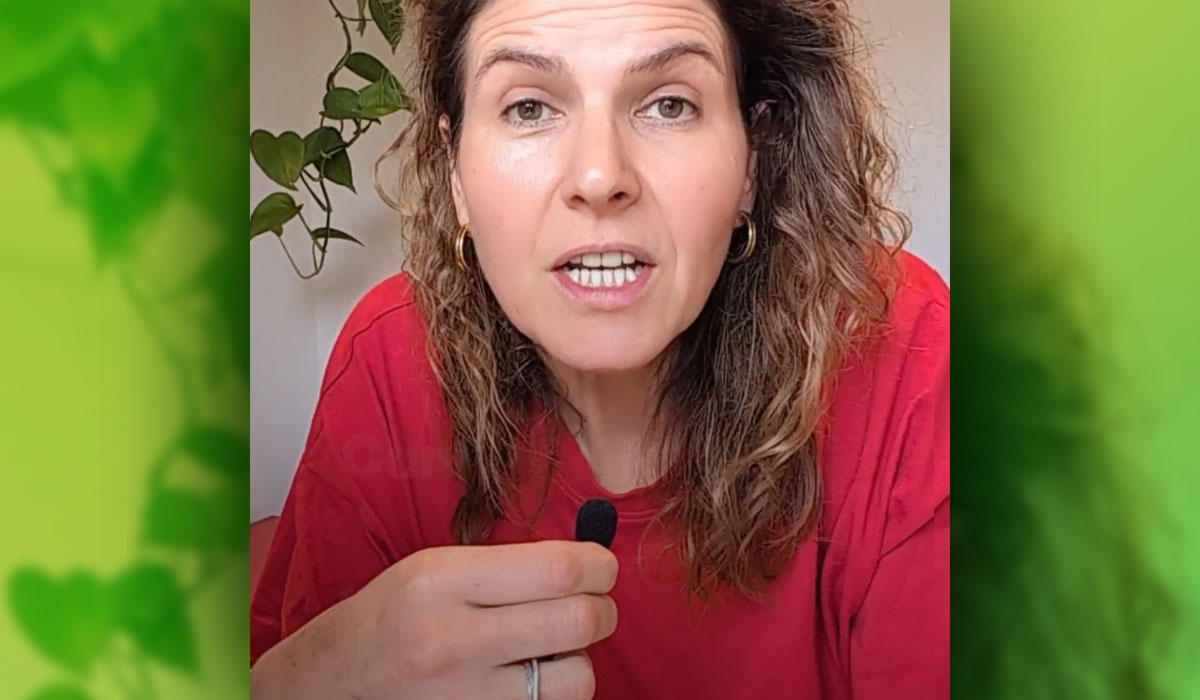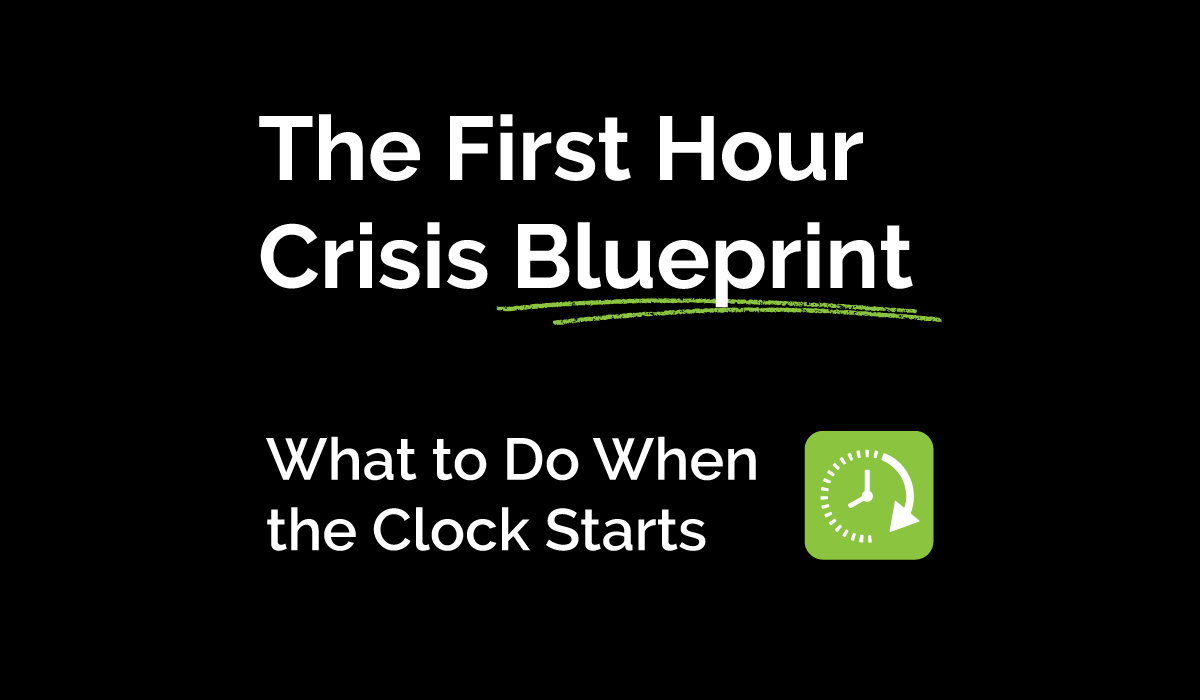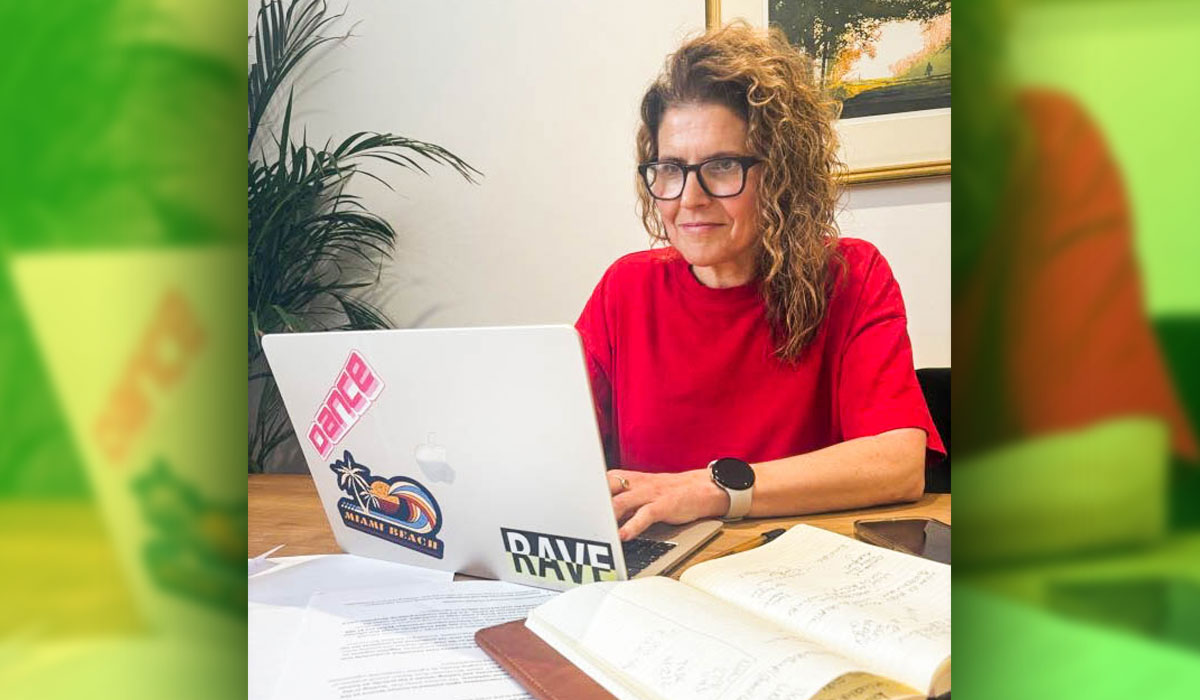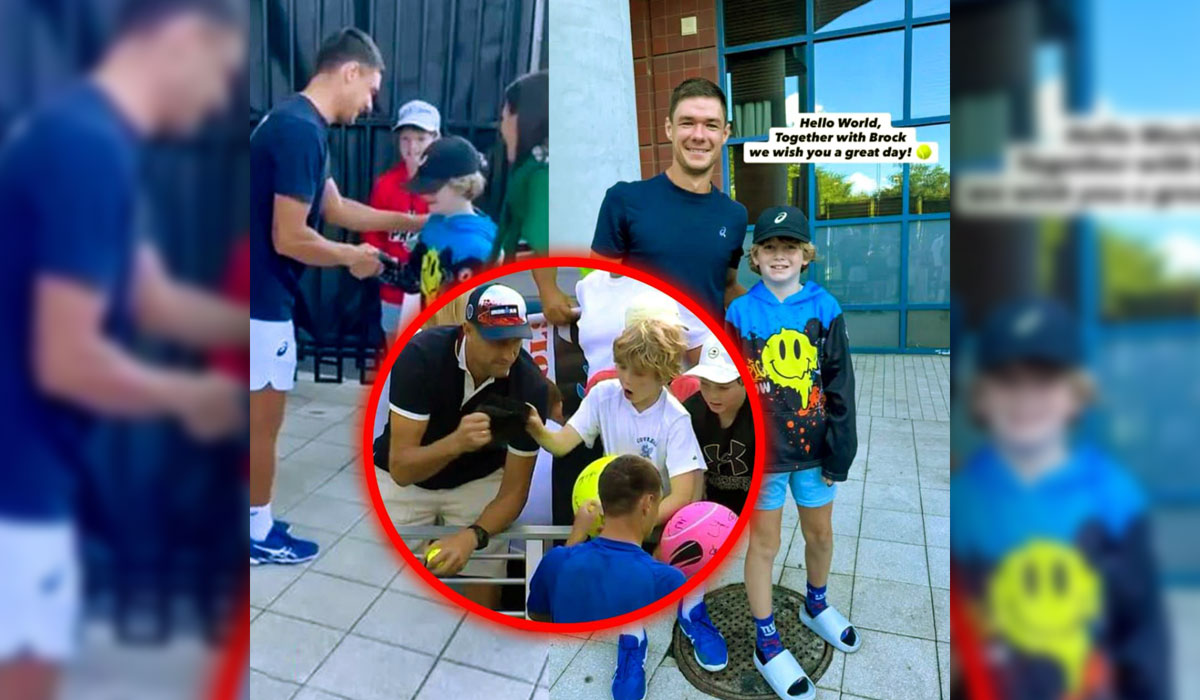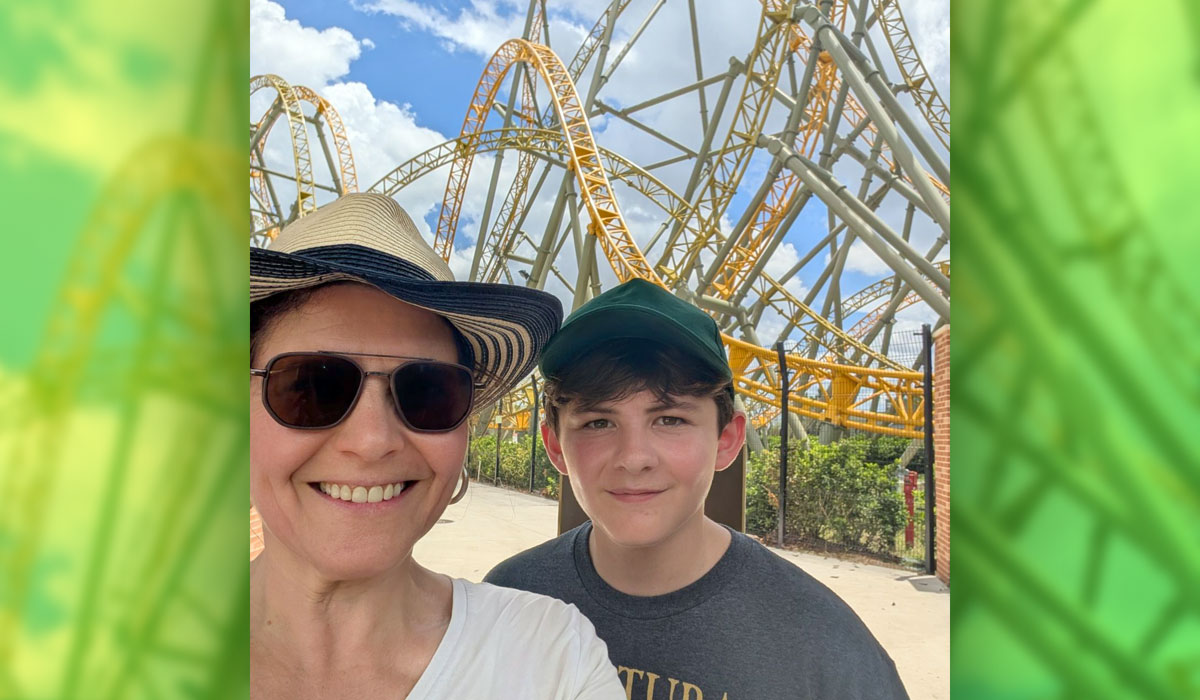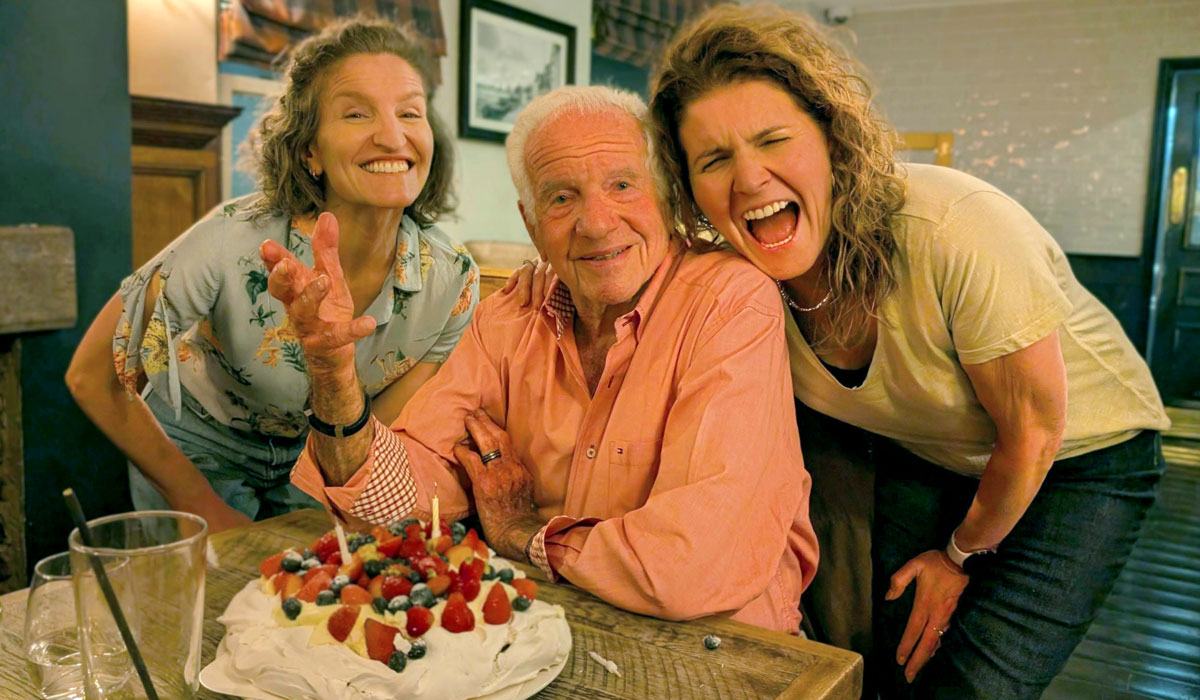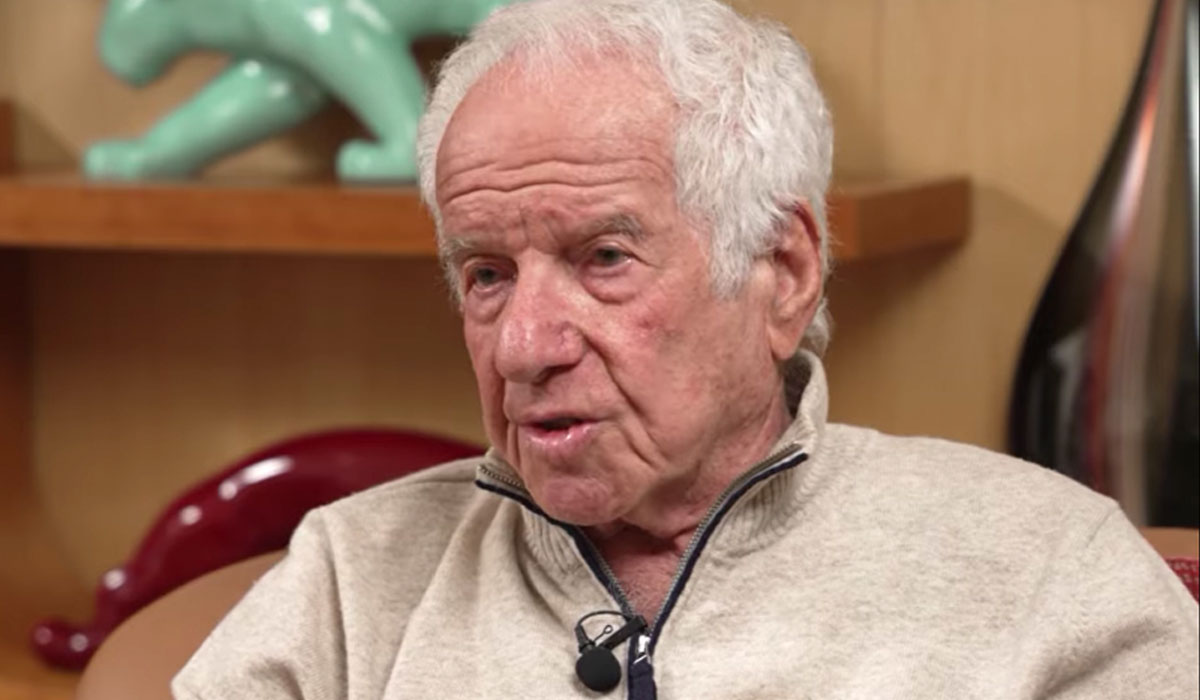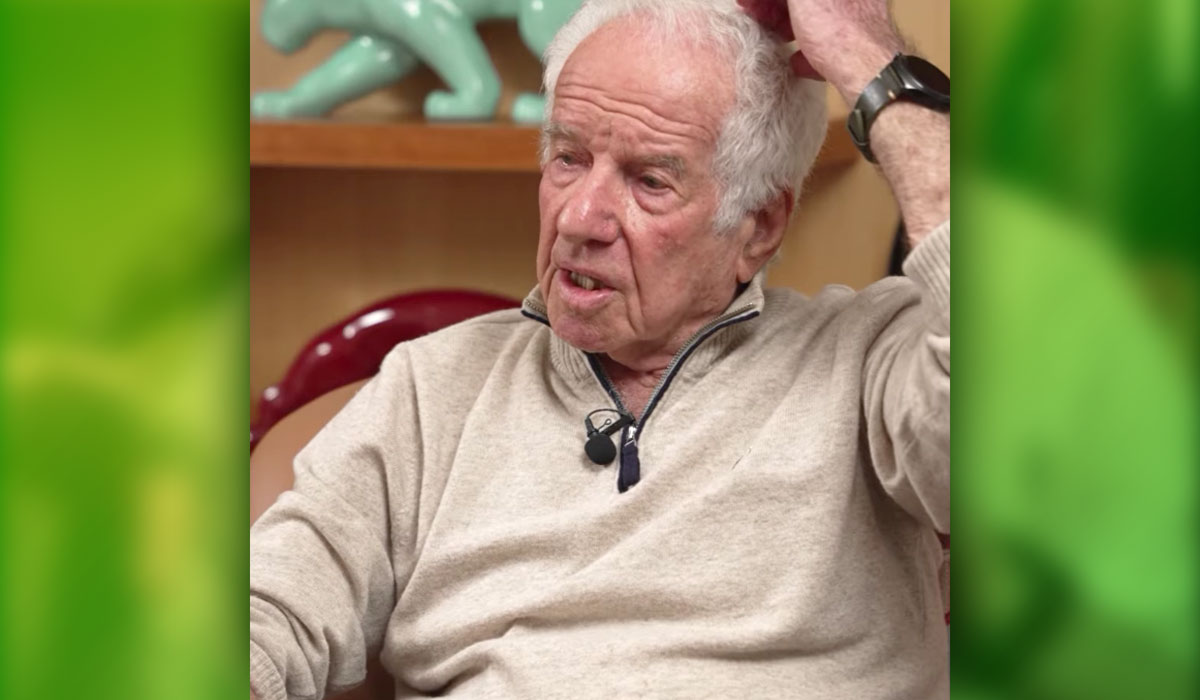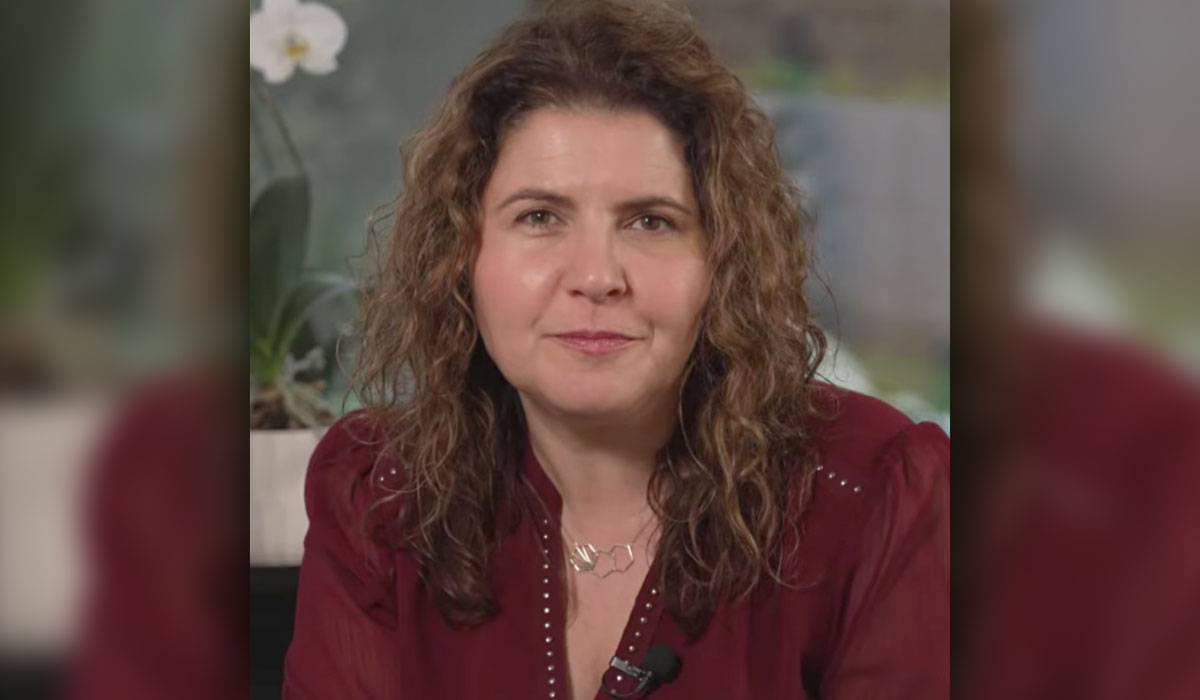This is how I would build a crisis response team today (in the age of AI and fake videos).
This is based on what I have seen work when scrutiny is high and the margin for error is small.
First, I look for judgement before speed.
Fast reactions feel competent, but poor decisions travel quickly and are hard to pull back.
Second, I want people who are comfortable saying “we do not know yet”.
Credibility is damaged far more by speculating than by honesty.
Third, strong writing under pressure matters more than ever. Clear sentences. Plain language. No internal jargon.
If your team cannot write well at speed, no tool will fix it – even AI.
Fourth, human insight cannot be automated.
AI can summarise information.
It cannot read fear, anger or uncertainty in an audience.
Fifth, senior leaders value people who are willing to challenge them.
The right advice can be unpopular.
The strongest crisis teams stop bad decisions early.
Sixth, understanding how the media actually work is non-negotiable.
Not how organisations wish it worked.
Headlines, timelines and silence all carry consequences.
Finally, rehearsal beats reaction every time.
The most effective crisis teams I have worked with have practised long before they needed to perform.
AI can support crisis communications BUT It will not replace judgement, preparation or leadership under pressure.
If you are reviewing your crisis readiness for the year ahead, this is the capability mix I would prioritise if building a crisis response team today.
Get in touch to find out more how Mangold Consultancy can help with your crisis readiness



